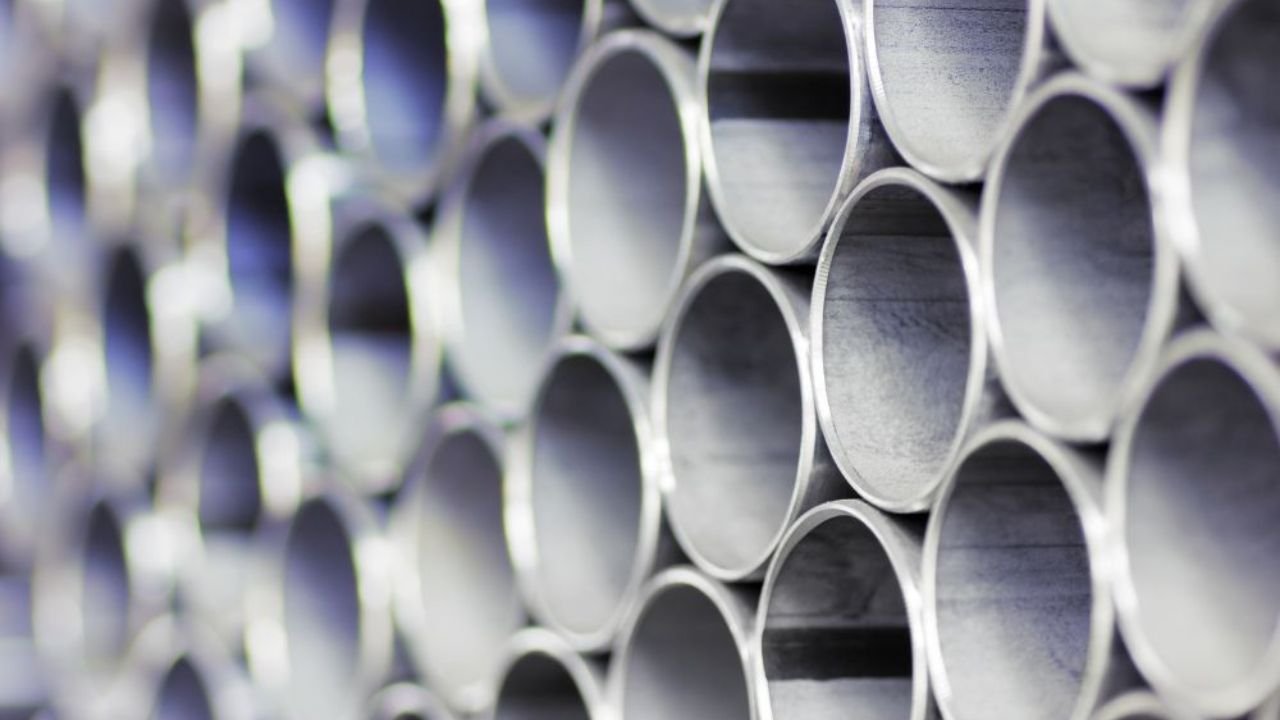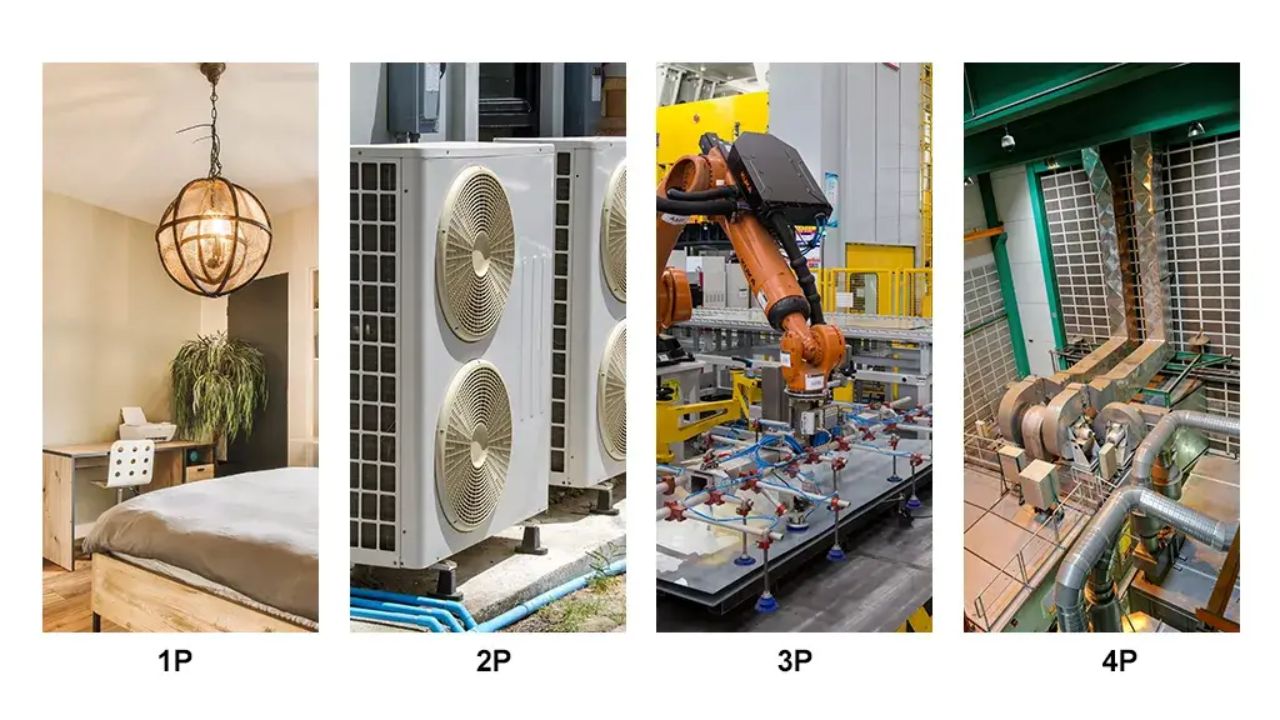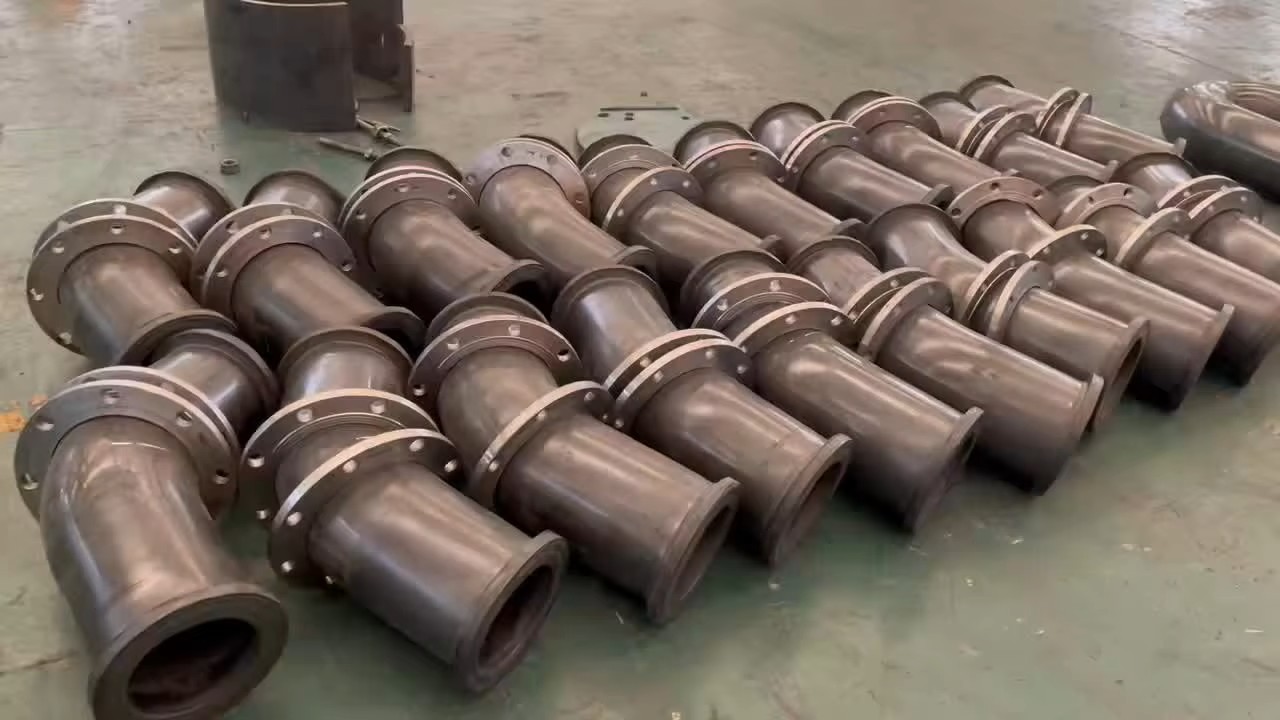
Essential Factors to Consider Before Buying Mild Steel Pipes
Mild steel pipes serve multiple industries because they provide durability, cost-effective solutions, and flexible applications. Selecting appropriate Mild Steel Pipe for construction, automotive, and industrial applications remains essential for achieving project quality and operational functionality. The following list contains the vital factors to consider during mild steel pipe acquisition.
Material Grade and Quality
The performance and lifetime expectancy of the pipe depends heavily on the quality level of its mild steel composition. Different grades of mild steel exist because they possess unique properties that match particular applications. Some grades are designed to demonstrate superior corrosion resistance, enabling others to deliver better strength characteristics. Burners need to review material specifications which must align with planned end usage requirements. When buying pipes it is crucial to work with suppliers who offer both quality assurance and relevant certifications.
Pipe Dimensions and Specifications
The dimensions that matter most for pipes consist of diameter wall thickness and length. The project’s technical requirements determine the dimensions which need to be selected. From high-pressure operations comes the need for thick walls within metal components. Accurate pipe diameters remain essential for plumbing systems and fluid transportation because small measurement errors can produce operational inefficiencies. The comparison of dimensions to project specifications guarantees proper pipe performance and smooth integration within the design framework.
Corrosion Resistance and Coating
Mild steel preserves its durability yet needs proper protection because exposure to environmental factors can cause it to corrode. The application determines whether buyers need pipes with protective coatings such as galvanization or other treatments that improve resistance to moisture and chemicals. The use of corrosion-resistant pipes in hard weather conditions or chemical contact extends both pipe longevity plus cuts down maintenance expenses. The supplier should be contacted for information about the range of available coatings and treatments.
Cost and Budget Constraints
The price of materials remains a critical factor during any purchase including the acquisition of mild steel pipes. Buyers need to evaluate both the price of their selection and its durability and operational longevity before making a purchase decision. Lack of quality pipes will lead to more expenditures from repeated maintenance works including replacements or repairs. A cost-benefit analysis enables buyers to find the right balance between affordable prices and durable materials which delivers maximum value for their money.
Supplier Reputation and Reliability
The selection of a dependable supplier is equally important to the selection of the correct product. A trustworthy supplier delivers high-quality products and fast delivery times along with superior customer service. Before making a purchase buyers need to investigate suppliers through reviews and ask for references and certifications to confirm their trustworthiness. Dependable suppliers deliver complete product details together with technical assistance and post-purchase support which creates an easy purchasing process.
Mechanical Properties and Load Capacity
The mechanical properties of mild steel including tensile strength yield strength and ductility establish how effectively pipes resist external forces. Overload-hazardous and high-pressure industrial applications benefit greatly from these important properties of mild steel. The application demands require buyers verify that the mechanical properties match their requirements for safety and durability.
Environmental Impact and Sustainability
The selection of materials now requires greater emphasis on sustainability. Mild steel has recyclable properties which establishes it as a better environmental choice than other materials. The market provides opportunities for buyers to find suppliers who practice sustainable manufacturing and supply recycled steel-based pipes. The inclusion of this practice meets corporate responsibility standards while producing a lower environmental impact on the project’s total impact.
Compliance with Industry Standards
The purchase of pipes that comply with industry standards and certifications guarantees both reliability and safety. The manufacturing process testing requirements and performance standards for mild steel pipes are defined through standards established by ASTM, IS, and EN. Buyers need to ask suppliers for documentation proving standard compliance because this requirement becomes crucial when working on projects that must follow strict regulations.
Delivery Time and Availability
Project delays and cost overruns become avoidable when delivery happens on time. Before placing an order buyers need to assess both the supplier’s inventory levels and lead times. Buyers who select suppliers who maintain immediate inventory or can support rapid delivery requests avoid both delivery delays and supply chain obstacles.
Conclusion
When buying mild steel pipes for projects one must evaluate multiple essential elements to guarantee both project requirements and performance excellence. When buyers prioritize material quality and precise dimensions corrosion resistance cost and supplier reliability they can make well-informed purchasing decisions that lead to project success. The selection of appropriate mild steel pipes determines project success for both major construction projects and smaller industrial operations.


